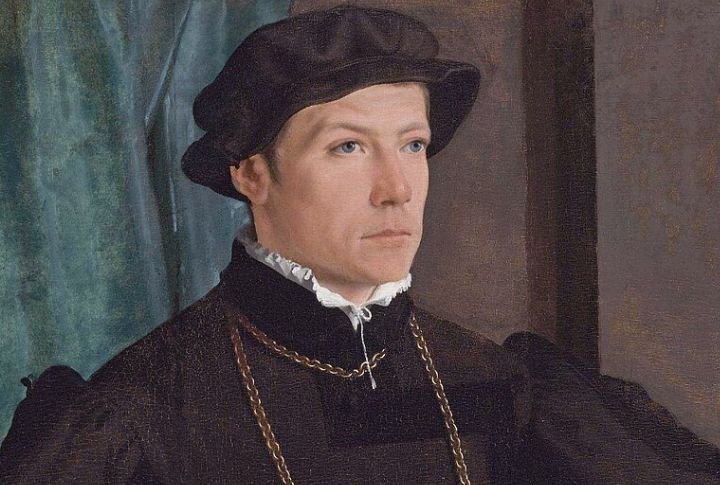
Ever wonder what true, mind-boggling wealth looks like? It’s not just a yacht or a private island; for some in history, it was the power to literally change a nation’s economy or control a continent’s resources. A select few throughout history accumulated so much wealth that their fortunes funded wars, built cities, and altered global economies with a single decision. If you are wondering who these individuals were, here’s a list of the 10 richest people to ever walk the earth.
Mansa Musa
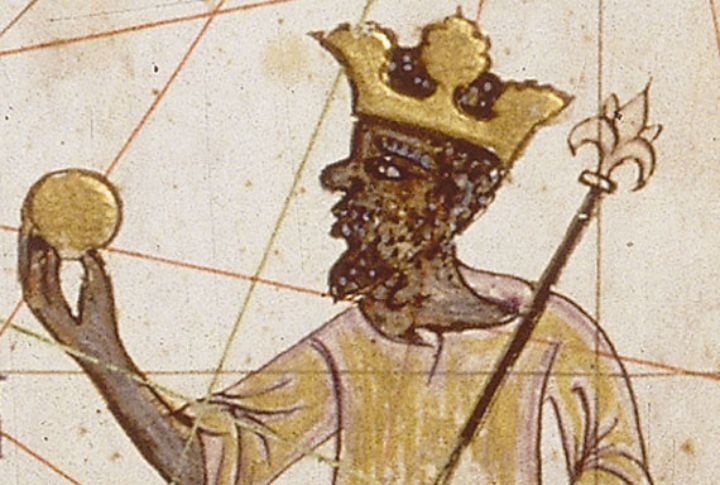
With a fortune estimated at over $400 billion, the Mali emperor held an almost immense amount of gold. His famous pilgrimage to Mecca was so extravagant that he single-handedly caused inflation in every city he passed through, which then also altered local economies for years to come.
Jakob Fugger
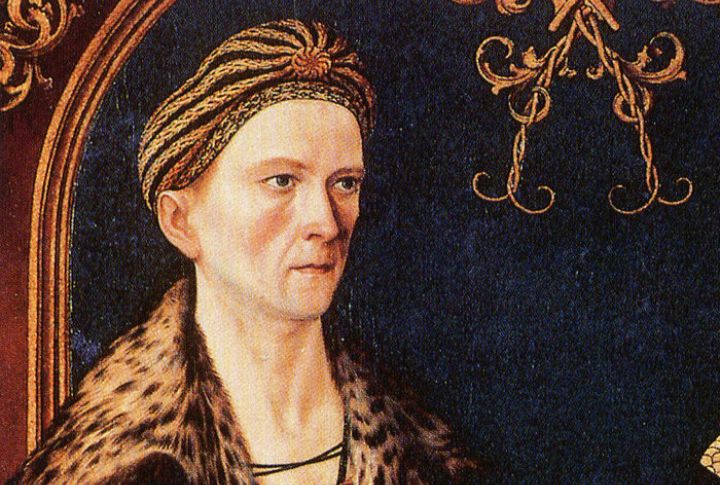
Empires were financed and emperors were crowned thanks to his endless streams of money. Jakob Fugger’s monopolies on copper and silver mines fueled a staggering $400 billion fortune. Known across Europe as “the Rich,” this banker even controlled nearly 2% of the continent’s economy.
John D. Rockefeller
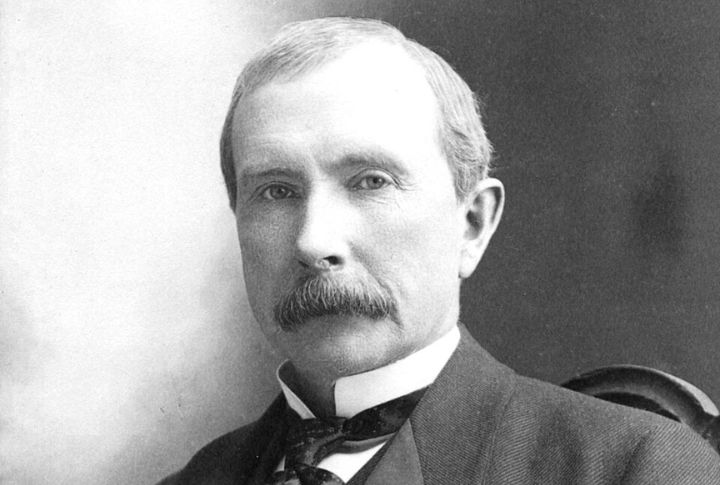
John D. Rockefeller became the world’s first billionaire, amassing an unbelievable $435 billion in today’s money. At his peak, his oil empire gave him near-total control of the American market. He later shifted his focus to philanthropy and donated massive sums to establish universities and medical research while quietly encouraging future generations.
Andrew Carnegie
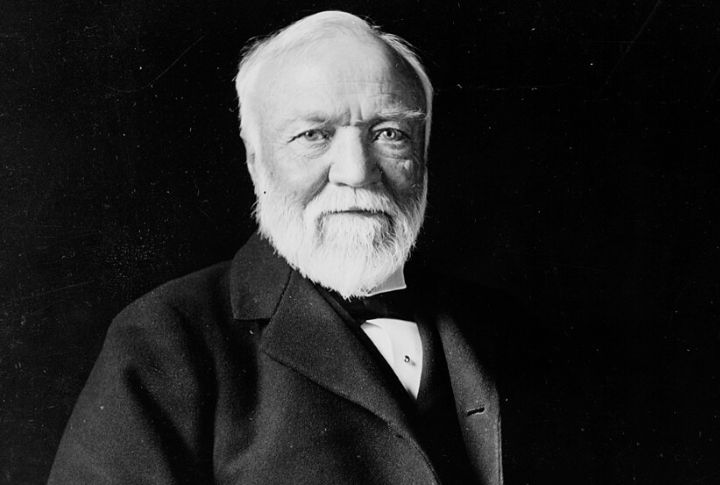
Carnegie’s philanthropy reshaped American education as his fortune funded thousands of libraries. His philosophy was simple: money should benefit the public. Rising from immigrant poverty, he also revolutionized the steel industry and accumulated $309 billion, proving financial success could drive national progress.
Mir Osman Ali Khan

The last Nizam of Hyderabad, Mir Osman Ali Khan, had an adjusted fortune of about $230 billion. In fact, wealth was such a common factor for him that he even used the 185-carat Jacob Diamond as a paperweight. However, he still managed to live a surprisingly simple life, which then altered public perception.
Heshen
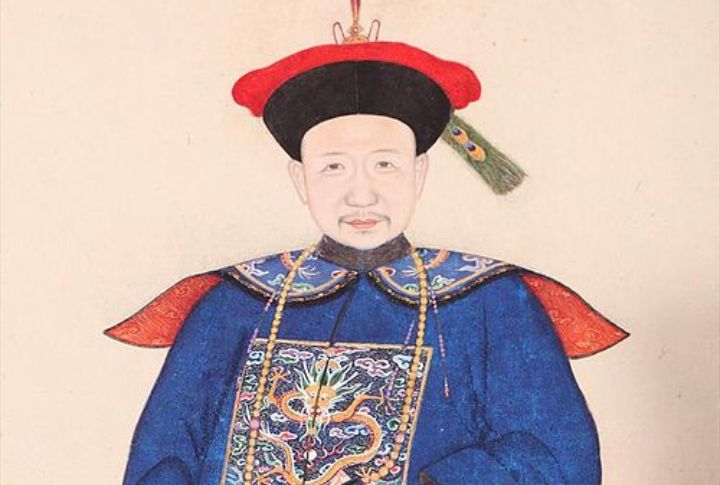
An official during China’s Qing dynasty, Heshen’s fortune of $270 billion was built on corruption and extortion. His confiscated estate was so massive that it included thousands of rooms, prompting your body to question how one person could accumulate so much.
Cornelius Vanderbilt
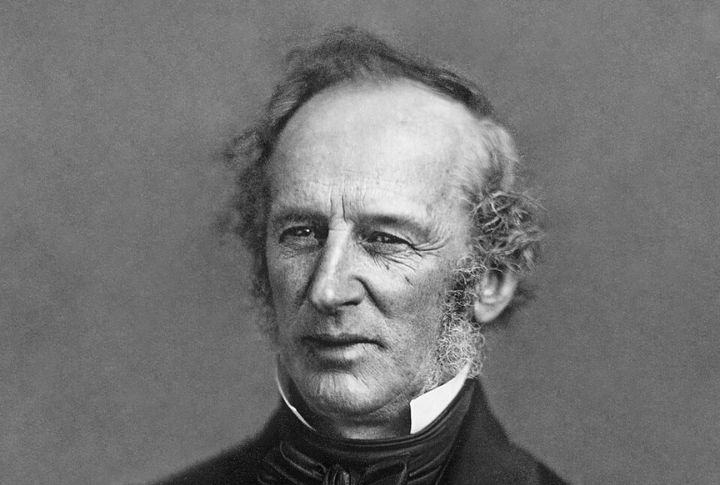
The American transportation network was transformed by Vanderbilt’s aggressive business methods. Known as “the Commodore,” he dominated steamboats and railroads and amassed $185 billion. His ruthless strategies also established a model for corporate influence and left a lasting impact on U.S. commerce.
Alan Rufus
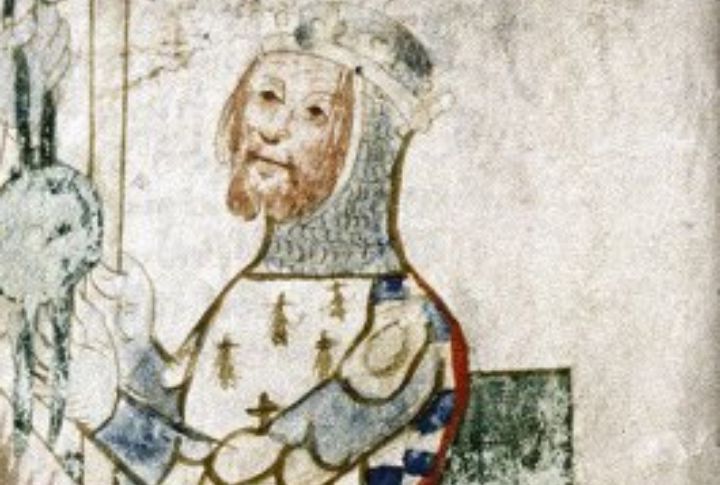
Following the Norman Conquest, he was given a massive portion of England—an estate of 250,000 acres that totaled a modern value of $223 billion. Alan’s loyalty to William the Conqueror further made him one of the wealthiest men of his era.
Marcus Licinius Crassus
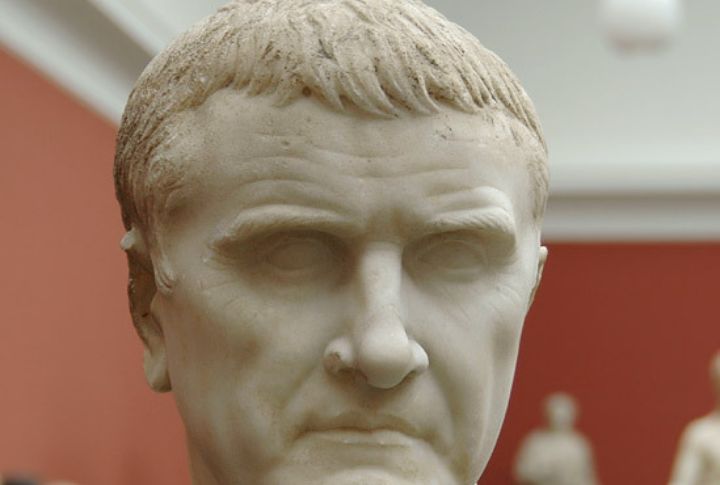
Crassus stood as Rome’s wealthiest man, his fortune soaring to what we’d call $220 billion today. But riches alone didn’t satisfy him. He crushed uprisings, steered politics, and still hungered for more. In the end, ambition consumed him, leaving a legacy as dazzling—and dangerous—as the empire he helped shape.
Augustus Caesar
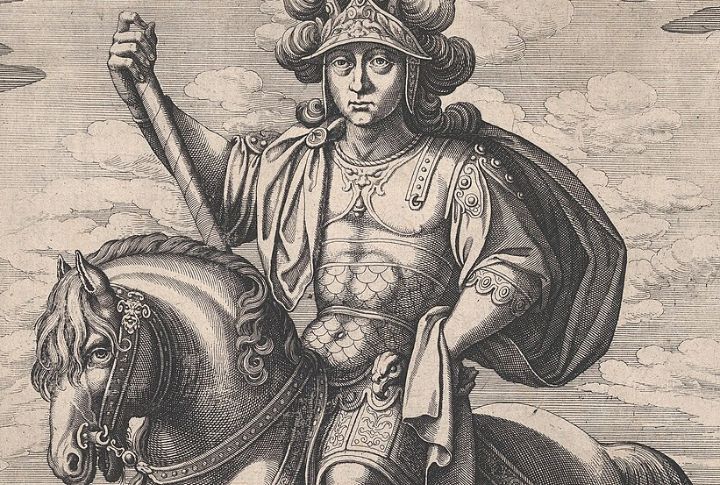
With an adjusted wealth of $4.9 trillion, Augustus Caesar controlled Egypt’s riches and one-fifth of Rome’s GDP. His reign transformed a republic into an empire, funded vast public works, and shaped nearly a third of the world’s economy—making him history’s most powerful individual.
